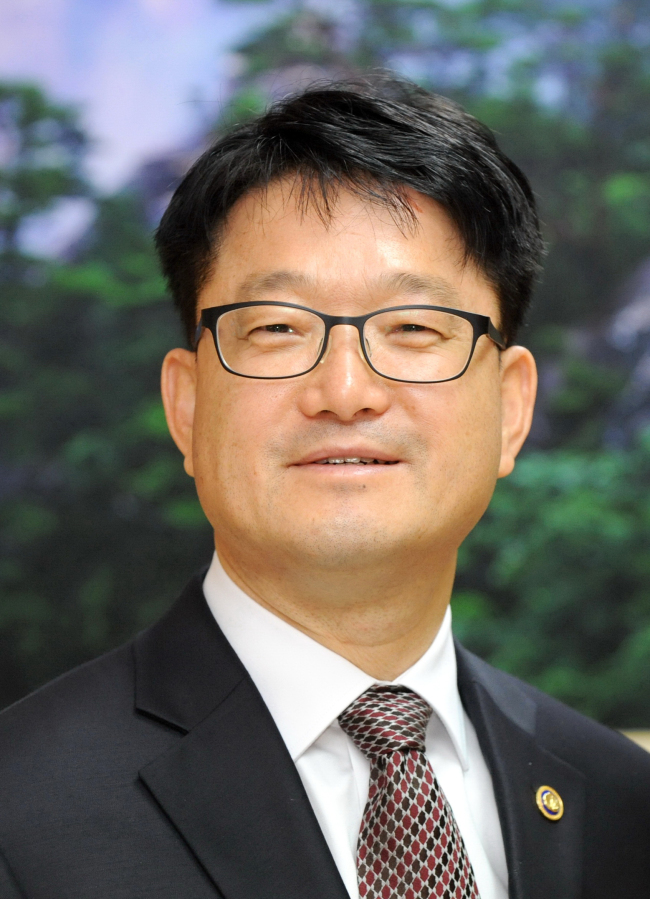Every year, the world celebrates the World Day to Combat Desertification and Drought on June 17 since the designation was granted by the United Nations in 1994.
This is to remind people that roughly 30 percent of the Earth is land, of which another 30 percent is currently being cultivated for agricultural purposes, and that these lands are now being ruined and undergoing rapid desertification.
Although desolation may occur naturally at any time and any location, it becomes a crucial and immediate problem when it happens in areas where the forest is dense, or where farm productivity is high because such desolation may directly impact the residents’ survival, not to mention that it destroys the natural environment.
This is to remind people that roughly 30 percent of the Earth is land, of which another 30 percent is currently being cultivated for agricultural purposes, and that these lands are now being ruined and undergoing rapid desertification.
Although desolation may occur naturally at any time and any location, it becomes a crucial and immediate problem when it happens in areas where the forest is dense, or where farm productivity is high because such desolation may directly impact the residents’ survival, not to mention that it destroys the natural environment.

Yet luckily for us the international community recognized the severity of the problem as early as 1977, when the U.N. adopted a working plan for preventing desertification.
Such efforts eventually led them to discuss the potential of establishing a separate international convention strictly for battling desertification when they gathered for the U.N. Conference on Environment and Development in Brazil in 1992. By 1994, they had successfully formed the United Nations Convention to Combat Desertification, otherwise known as UNCCD.
While we (South Koreans) have also experienced drastic deforestation in the past, desertification may not seem to be as urgent a matter ― because of the large amount of rain we get ― as the yellow dust storms from China during spring.
But things would be different if the majority of our nation’s land had already turned into a desert or were in the process of desertification, which is the case for many countries in Central Asia, Africa, Central and South America and other regions.
These countries suffer grave losses such as declining living conditions and reduced land productivity.
If these problems are combined with those of climate changes or droughts, there can be additional problems concerning people’s lives and safety such as famine, poverty and poor sanitation.
Forecasts that the number of environmental refugees will quadruple from 50 million people in 2010 to 200 million by 2050 speak for the severity of the issue and raises concerns among the international community.
Various efforts are now being made around the globe toward preventing desertification.
For instance, a joint project ― dubbed the “Great Green Wall” ― that involves slowing down the expansion of the Sahara Desert by creating a 15 kilometer-wide and 7,100 km-long wall of forestland has been underway in Africa since 2007.
Similarly, China hopes to make 42 percent of its land green by 2050, while Mongolia plans to create a 3,700 km greenbelt by 2035.
After hosting the 10th UNCCD in Changwon, South Gyeongsang Province, in 2011, the Korea Forest Service has been consistently receiving requests from Africa, Central and South America and other areas to share its green growth know-how.
As a result, the KFS is already involved in aiding China and Mongolia, as well as providing additional support under the “Changwon Initiative,” which was suggested during the 10th UNCCD.
But South Korea’s current level of official development assistance, or ODA, among the members of the OECD Development Assistance Committee still does not exceed 0.78 percent.
Even though saving the forest is not the solution to all problems, it is a cost-efficient and effective way to cool the earth and revitalize endangered species while increasing the quality of life via cleaner air, water and food.
As a country that has succeeded in reforestation, we have an obligation to the rest of the world to answer their request to increase our ODA in the forestry sector. Doing so will allow us to become an exemplary member of the international community.
By Shin Won-sop, Minister of Korea Forest Service
-
Articles by Korea Herald






![[Weekender] How DDP emerged as an icon of Seoul](http://res.heraldm.com/phpwas/restmb_idxmake.php?idx=644&simg=/content/image/2024/04/25/20240425050915_0.jpg&u=)



![[KH Explains] No more 'Michael' at Kakao Games](http://res.heraldm.com/phpwas/restmb_idxmake.php?idx=644&simg=/content/image/2024/04/28/20240428050183_0.jpg&u=20240428180321)







![[Herald Interview] Mistakes turn into blessings in street performance, director says](http://res.heraldm.com/phpwas/restmb_idxmake.php?idx=652&simg=/content/image/2024/04/28/20240428050150_0.jpg&u=20240428174656)
